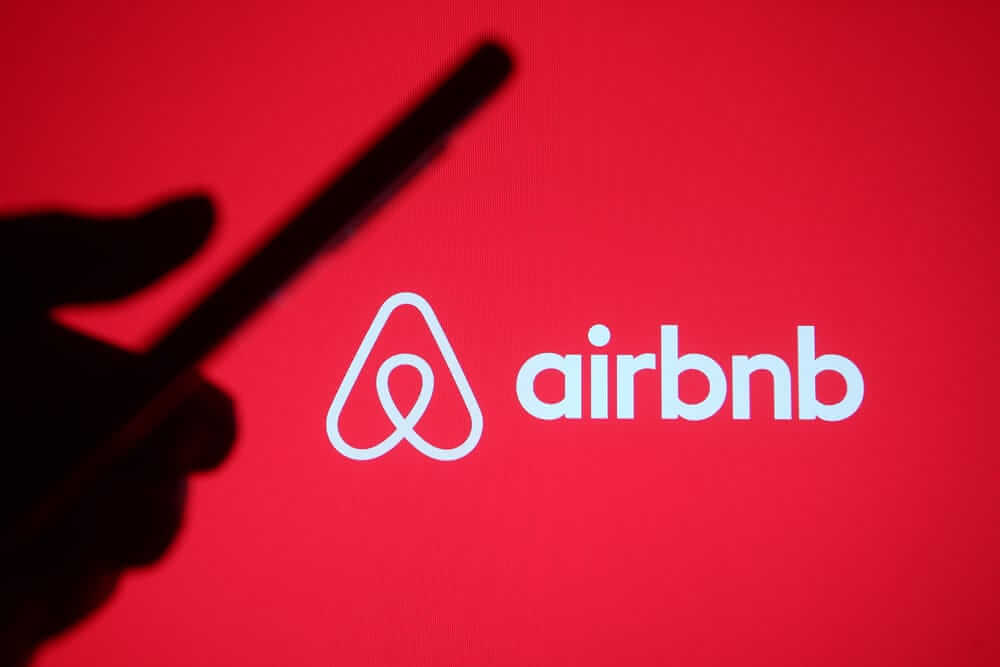Copyright Barchart

Airbnb, Inc. (ABNB) operates a leading online platform that enables individuals to rent out their properties or spare rooms to travelers worldwide. Since its launch, it has transformed the hospitality industry by connecting hosts and guests seeking unique accommodations and local experiences. With millions of listings in more than 190 countries, Airbnb supports flexible travel options and community-based tourism. The company is headquartered in San Francisco, California, where it manages and coordinates its global operations. The company has a market capitalization of $75.12 billion. Broader market economic uncertainties and pessimistic investor sentiments have struck the company’s shares. Over the past 52 weeks, the stock has declined by 18%, while it has fallen 1.8% over the past six months. It had reached a 52-week high of $163.93 back in February, but is down 26.3% from that level. The S&P 500 Index ($SPX) has gained 12.7% and 19.5% over the same periods, respectively, which reflects that the stock is underperforming the broader market. The nature of Airbnb’s business classifies it as a consumer discretionary stock. Comparing it with the Consumer Discretionary Select Sector SPDR Fund (XLY), we see that the ETF has risen 11.2% over the past 52 weeks and 18.5% over the past six months, outperforming Airbnb’s stock. Airbnb’s third-quarter results for fiscal 2025 showed some growth, but it also missed EPS estimates. For the quarter, the company’s nights and seats booked increased 9% year-over-year (YOY) to 133.60 million, but this growth is lower than the quarterly performances in 2023. Q3 gross bookings value increased 14% from the prior year’s period to $22.90 billion. Airbnb’s revenue grew 10% YOY to $4.10 billion, higher than the $4.08 billion that Wall Street analysts had expected. Its EPS was $2.21, up 3.8% from the prior year’s period, but lower than the expected $2.32. Airbnb expects service enhancements, global expansion, product expansion, and AI integration to drive growth. For the fourth quarter, the company expects its revenue to be in the range of $2.66 billion to $2.72 billion, representing growth of 7% to 10% YOY. For the fiscal year 2025, which ends in December 2025, Wall Street analysts expect Airbnb’s EPS to grow 2.4% YOY to $4.21 on a diluted basis. EPS is also expected to increase 12.8% to $4.75 in fiscal 2026. The company has a mixed history of surpassing consensus estimates, topping them in two of the four trailing quarters, and missing them in the other two instances. Among the 42 Wall Street analysts covering Airbnb’s stock, the consensus is a “Hold.” That’s based on 12 “Strong Buy” ratings, one “Moderate Buy,” 23 “Holds,” one “Moderate Sell,” and five “Strong Sells.” The ratings configuration has become more bullish over the past two months, with 12 “Strong Buy” ratings now, up from 11 previously. This month, BTIG analyst Jake Fuller reiterated a “Neutral” rating on Airbnb’s stock. Wedbush analysts, led by analyst Scott Devitt, also reiterated the “Neutral” rating for Airbnb, maintaining a price target of $130. This shows the tepid sentiments surrounding the stock. Airbnb’s mean price target of $142.80 indicates an 18.1% upside over current market prices. The Street-high price target of $200 implies a potential upside of 65.5%.



